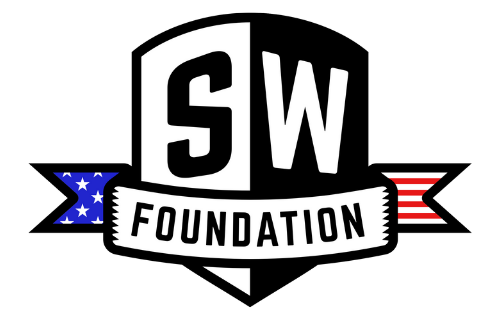Navigating USAJOBS (Part 2): The Application Process
Welcome back to our Navigating USAJOBS series! If finding federal employment is something that interests you, hopefully you have already read our How to Get Started article back in July. This month we will discuss important documents that you should include when applying for a job to optimize your application.
The Resume
Your resume will be required for nearly every job post listed in USAJOBS and is one of the most important documents you will submit. When you submit your application, a Human Resources representative from that agency will review it and determine whether your experience meets the job qualifications based on your resume. You might have the proper experience, however if it is not clearly stated, your application might get dismissed, preventing you from getting an interview. That being said, your resume should be well-organized and have thorough explanations of your experience. Below are some tips for touching up your resume.
Ensure that the template you are using is easy to read and visually pleasing. Use a professional font such as Times New Roman and be sure every paragraph is spaced equally throughout. Click here for a sample template.
If you have a professional license be sure to include your license number and expiration date.
For experience, include the number of hours per week and how long you have been in the position.
Give a comprehensive overview of your previous job duties, and use words that identify action: Conducted, planned, developed, provided, etc.
Brag where you can! If you have volunteer experience, publications, are bilingual, gave presentations, conducted training, or are involved in community organizations, include this.
PROOFREAD, PROOFREAD, PROOFREAD!!! You don’t want your application immediately dismissed for a simple spelling or grammar error.
Cover Letter
You will find that some jobs do not necessarily require a cover letter, however I highly encourage you to submit one. A cover letter gives you the opportunity to introduce yourself, express interest in the position, and explain why you are the best candidate for the job. Taking the time to write a cover letter may set you apart from a candidate who skipped this gesture. Be sure to personalize each cover letter you write, addressing the hiring manager’s name (if you have it) and ensuring your skills and experience you mention are relevant to the specific position. A great reference for writing a cover letter can be found here.
Other Documents
Aside from your resume and cover letter, different jobs will have varying requirements, so it is important to carefully read the post to see what it requires. When you click “Apply” there will be a side bar to the right of the instructions that says “Required Documents”. Many jobs will ask for school transcripts, DD-214 or Statement of Service, SF-50 (for anyone with prior federal service), professional certifications, VA Disability forms etc. So be sure to have this information readily available when you are ready to apply for jobs to make things easier.
I submitted my application…. What happens next?
Once you submit your application you will immediately receive an email stating that your application has been received. USAJOBS allows you to view your application status in your profile. On the USAJOBS homepage, click your name at the top and it will bring you to all your submitted applications. There are a couple different statuses you might see.
Received: The application has been successfully submitted to the agency and will be reviewed by HR.
Referred: The HR representative has found you to be a qualified applicant for the position and your application will now be referred to the hiring manager. The hiring manager will then determine whether they want to conduct an interview.
Not Referred: The HR representative did not find you the most qualified of other applicants for the position and did not refer your application to the hiring manager.
Selected: You are selected for the position.
Not selected: You were not selected for the position.
To conclude, the more effort and detail you put into your application documents, the greater chance you’ll have in scoring an interview. It can get tedious and repetitive, but hiring managers can usually tell the difference between a resume that took effort and one that was lazily put together. Find a friend you can trust to give an honest opinion and have them look over your resume. Many military bases or local colleges have career centers that will help with editing resumes and cover letters which serves as wonderful resources as well. Think outside of the box when determining what accomplishments to include and be confident in your experience!
Stay tuned for next month when we discuss the interview process!

